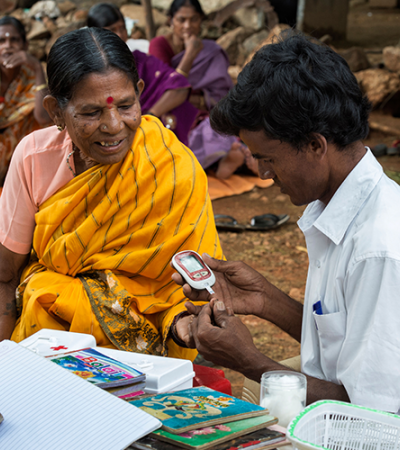Economic Development, the Nutrition Trap and Metabolic Disease

Kaivan Munshi
Frank Ramsey Professor of Economics, University of Cambridge
Kaivan Munshi will discuss ongoing research that provides a unified explanation for two stylized facts: the relatively weak relationship between nutritional status and income in developing countries, and the increased prevalence of metabolic disease among normal weight individuals with economic development. Based on a paper he co-authored with Nancy Luke, Anu Oomen, and Swapnil Singh, their explanation is based on an epigenetically determined set point for body weight or BMI, which is adapted to economic conditions in the pre-modern economy, but which subsequently fails to adjust to rapid economic change. Thus, during the process of development, the population consists of two types of individuals: those who remain at their set point BMI, despite the increase in their consumption, and those who have escaped the nutrition trap and are at elevated risk of metabolic disease. To test their theory, the authors developed a model of nutrition and health in which the presence of a set point is taken as given.






